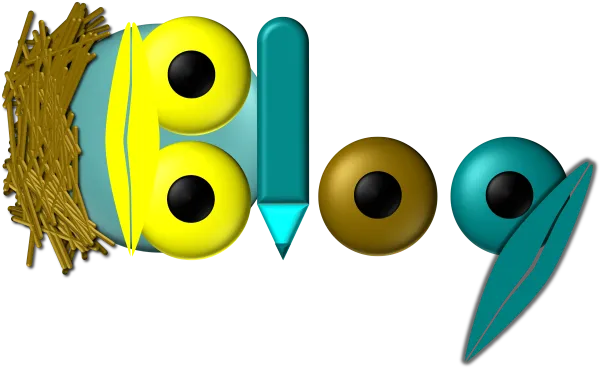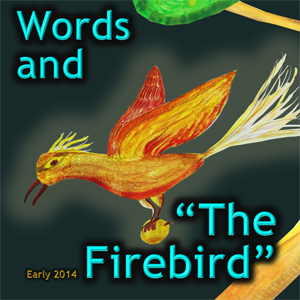 Article for 2014 Feb 09
Article for 2014 Feb 09
Part of the “Words and ‘The Firebird’” series.
2014

2014 Feb
Feb 09 Sun
One thing I quite like is that the semi-colon is physically bigger than a comma (; versus ,) and accordingly marks a bigger pause than a comma does, typically between two related but grammatically separate sentences such as I saw the scorch-marks, the lights, and the UFO itself; my dog was oblivious.. So why then is the full stop so teeny-weeny? If as a sentence-finisher it didn’t have a capital letter immediately after it you’d hardly notice it was there!
On the subject of majuscules, I quite like our use of capital letters to mark proper nouns, to distinguish Turkey from turkey, people called Jack from animals called ‘jack’, and Jigsaw (Music Theatre) from jigsaw puzzles (compare the sentences He says jigsaw puzzles unnerved audiences and He says Jigsaw puzzles unnerved audiences). I can accept the capitalisation of the first word of a sentence (though if the full stop was more noticeable, like • perhaps, and was only used to finish sentences, this wouldn’t be required). I do not however like the capitalisation of words just because they fall at the beginning of a line of poetry or lyrics. This is inane - what does such a capital signify? That the word begins a new line? You can tell that anyway, because it’s on a new line. It’s on a new line!
This is particularly annoying when it’s in the subtitles to a music video where the lines are short, so every third-or-so word is capitalised and every six seconds I’m like, ‘Why is When capitalised? Have we started a new sentence? Is this the name of a person? Oh, no, it’s the first word of a line; the word before completed a rhyming couplet or preceded a totally arbitrary line-break... Not confusing or distracting at all.’